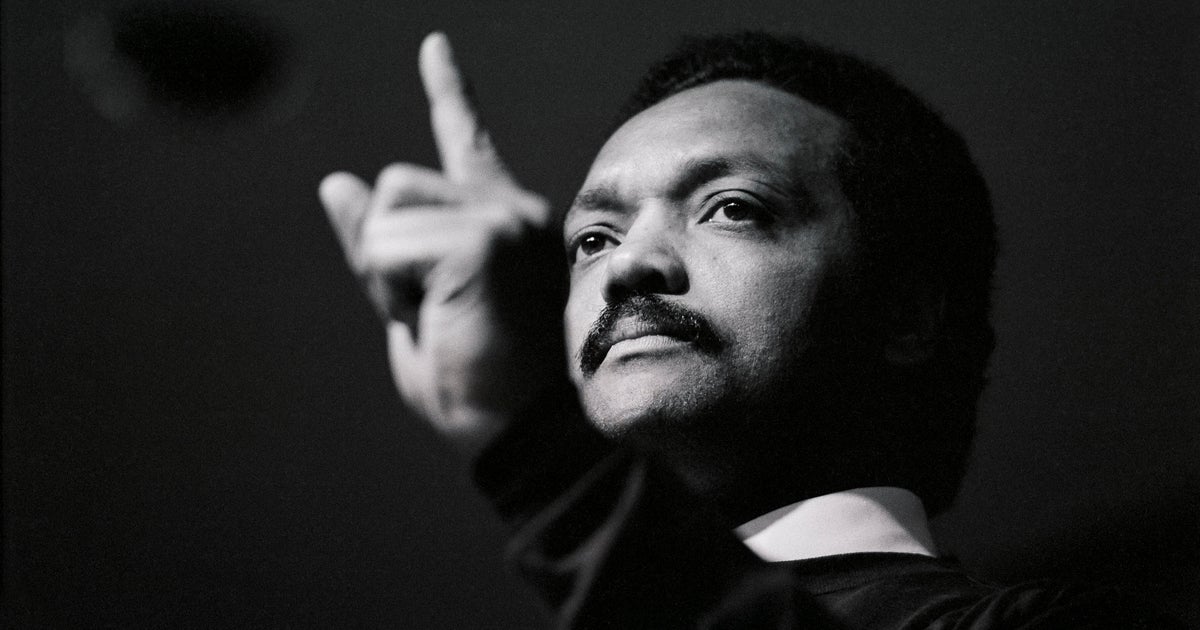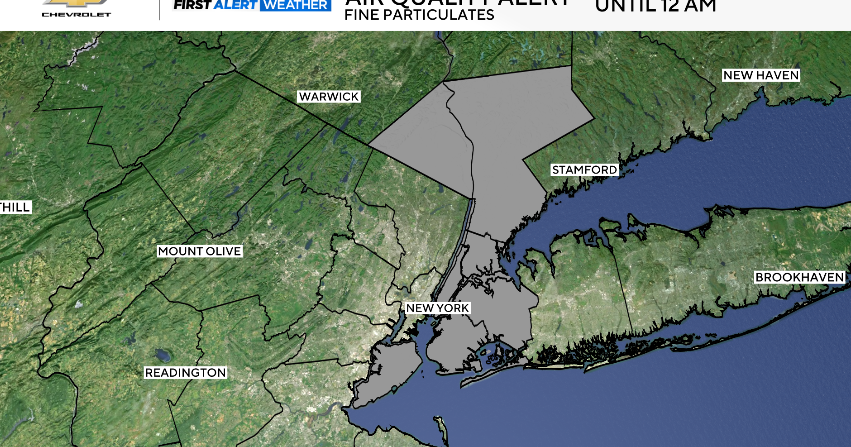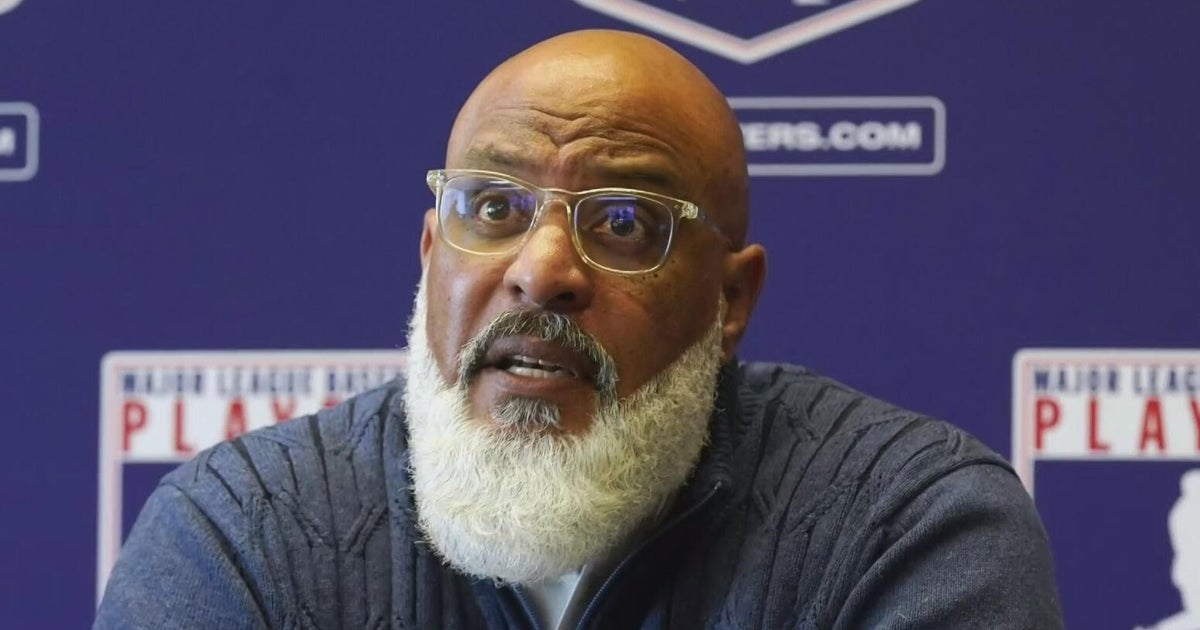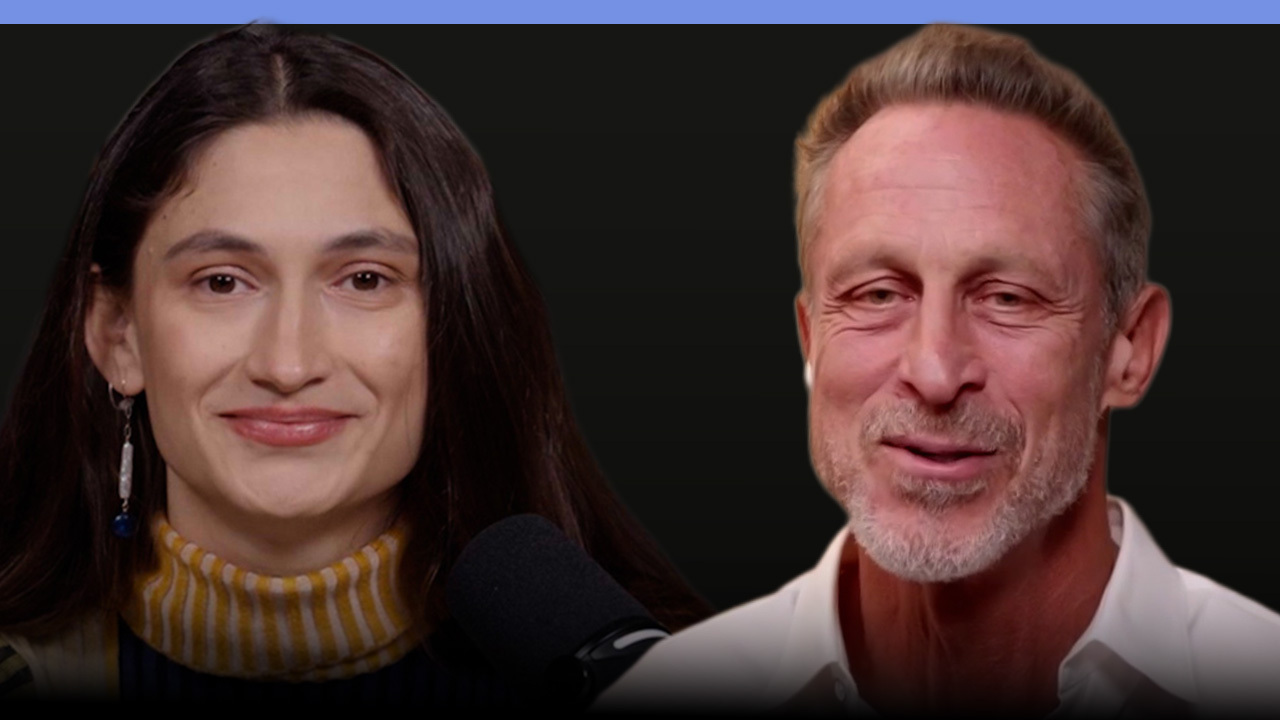Transcript: Anthony Fauci on "Face the Nation," November 22, 2020
The following is a transcript of an interview with NIAID Director Dr. Anthony Fauci that aired Sunday, November 22, 2020, on "Face the Nation."
MARGARET BRENNAN: We want to go now to the director of the National Institute of Allergy and Infectious Diseases, Dr. Anthony Fauci. Good morning to you, Doctor. It has been a while. I am glad that you are back with us this morning. I wish there were better news.
DR. ANTHONY FAUCI: Thank you, MARGARET. Good to be with you. I wish there were.
MARGARET BRENNAN: Eighty-three thousand people in this country- 83,000 people are hospitalized right now. Who are they? What do we know? Why are they getting this ill?
DR. FAUCI: Well, I mean, it's obvious what this disease does, particularly for the elderly and those who have underlying conditions. And we know what they are: obesity, hypertension, chronic lung disease, diabetes, et cetera. But also, it's not just elderly individuals. We're starting to see that there's a substantial proportion of people who are hospitalized between 40 and 59. So these are people who are predominantly dominated by the elderly and underlying conditions, but not completely. These numbers really speak for themselves, MARGARET. We're in a very, very difficult situation at all levels. So I think, I would hope, that the people who are pushing back on the recommendations for mitigation measures just look at the numbers, look at the facts. They're staring us right in the face. You know, we're not talking about shutting down the country and locking down completely. But we do know, MARGARET, that mitigation measures work if you compare countries that do it and even within our own United States, if you look at some of the states that have actually implemented mitigation. And with the really simple- I'm not talking about locking everything down, I'm talking about universal wearing of masks, physical distancing, avoiding crowds, particularly indoor- keeping the masks on indoor, doing things outdoors more than indoors, if you possibly can, given the weather considerations, and washing your hands. Those are relatively easy things to do. And- and the fact is, we know when you do that, and when you do things like limit capacity in restaurants and stay away from bars or even close bars, it does have an impact. It isn't as if you do it and it doesn't help you. It actually can blunt curves. And as we're getting into the colder season, particularly the situation with the holiday season, where you see people traveling. You see the clips on TV, people at airports. I mean, those are the things we've got to realize are going to get us into even more trouble than we're in right now.
MARGARET BRENNAN: This week, you said that we are approaching exponential growth in infections. Can you level with the American people here and tell them what they need to be bracing for? Are we about to tip into the most intense part that we have experienced of this pandemic to date?
DR. FAUCI: Yeah. Yeah, on the one hand, that is true. When you say exponential, you mean the curve is really very, very steep. If you look at the curve of what we had in the spring when it was dominated by the infections in the northeastern part of the country, particularly the New York metropolitan area, the curve was like this. When you look at what we saw in the southern states when we tried to reopen, the curve was also like this. Right now, the curve is like that. It's going up at a very rapid rate. And you looked at almost every single day, in fact, gives you another record. Having said that, you don't want people to get terrified, but you want them to understand, MARGARET, that we can do something about that by mitigation methods. And also help is on the way. So, we should not look upon this as a hopeless situation. And one of the things when you get COVID fatigue, which is entirely understandable, that people just throw up their hands and say, heck, you know, we're not going to be able to do anything about it, let's just do what we want--
MARGARET BRENNAN: Right.
DR. FAUCI: --to do, that's the wrong decision, because vaccines are coming and they're going to be available relatively soon. If we can hang in there with the mitigation methods and implementing them,--
MARGARET BRENNAN: Yes.
DR. FAUCI: --we can get out of this. So there's a very sober message on the one hand, but there's a hopeful message if we do certain things. It's in- it's within our power to do them.
MARGARET BRENNAN: I know--
DR. FAUCI: We're not helpless.
MARGARET BRENNAN: I- I know, and I hear your passion here. I want to get to the hope of the vaccine in a moment. But, near term, let's talk about that reality.
DR. FAUCI: Right.
MARGARET BRENNAN: You mentioned the crowds at airports. 50 million Americans are expected to travel. They're ignoring the CDC advice not to do so. What is riskier, the plane or the crowd?
DR. FAUCI: The crowd, clearly. The- the air- the airport, the- the- the airlines are trying their best with the way they get the airflow to prevent that. But sometimes when you get a crowded plane, you're- you're in a crowded airport, you're lining up, not everybody's wearing masks, that puts yourself at risk. One of the things we're really concerned about is that as we get into this Thanksgiving season, you're not going to see an increase until weeks later. Things lag. So what you don't want to see is another spike in cases as we get colder and colder into the December and then you start dealing with the Christmas holiday. We can really be in a very difficult situation. So, you want to tell people to please seriously consider decisions that you make. And it also means, MARGARET, another important thing, it's one of the things that we didn't fully realize, that one of the spots, if you want to call them, where you have a risk is seemingly innocent family friends get together indoors. I mean, seems like the most natural thing. So that's the reason why we tell people, consider the people that you want to get into your own family unit. Do you want to bring a large number of people with a big dinner party--
MARGARET BRENNAN: Right.
DR. FAUCI: --or social event? And when you're eating and drinking, obviously, you have to take your mask off. We know now that those are the kinds of situations that are leading to outbreaks--
MARGARET BRENNAN: And specifically,--
DR. FAUCI: --because people--
MARGARET BRENNAN: --driving home your point--
DR. FAUCI: Yeah, go ahead.
MARGARET BRENNAN: --the CDC is specifically saying you should only have people gathered for Thanksgiving who have been living inside your home, actively living there for 14--
DR. FAUCI: Right.
MARGARET BRENNAN: --days. That means no neighbors. That means no travelers. That means your kid coming--
DR. FAUCI: Right.
MARGARET BRENNAN: --home from college shouldn't be in the room with you. I mean, does that advice expire after Thanksgiving? Is Christmas canceled too?
DR. FAUCI: Yeah, no, we don't know what's going to happen, and it could actually, if we don't do this correctly and pay close attention to the reality of what's possible, if we ignore these recommendations, that you could continue to have that exponential increase as you get into Christmas. And that's one of the things we're concerned about. It's a natural reaction to say, now, wait a minute, I know these people. You know, they're friends. They're coming in. You tend to almost intuitively and instinctively let your- let your guard down. Now, you don't want to say that no one can come in, but you can have people that have their own pods of protection, people who might quarantine themselves, who might get a test. But in general, what I would recommend and I do this ev- every day, MARGARET, is to tell families to just take a moment to do what I call a risk-benefit determination. If I have someone in my home who's elderly, someone who has an underlying condition, do I really want to put that person at risk from someone who innocently or inadvertently could infect them? Because we know clearly that people who don't have symptoms are clearly capable and are--
MARGARET BRENNAN: Yeah.
DR. FAUCI: --transmitting the infection. So just think about it for a moment, the risk now versus the long-range of what you can do if you continue to be healthy.
MARGARET BRENNAN: Let's get to the hope. The scientific adviser to Operation Warp Speed said this morning we could have true herd immunity take place somewhere in the month of May as the vaccine is distributed. Does America go back to life as normal in May?
DR. FAUCI: You know, I don't think so, unless we do, and I believe you're referring to Moncef Slaoui, who said that,--
MARGARET BRENNAN: Yes.
DR. FAUCI: --and I totally agree with him. But there- there are a couple of things that go into the effectiveness of a vaccine program, a highly efficacious vaccine, and we're there. We have two of them that have a 95% efficacy. The other part of the equation is how many people get vaccinated. So if you have a highly efficacious vaccine and only a relatively small 40-50% of the people get vaccinated, you're not going to get the herd immunity you need. What we do need is we need to get as many people as possible vaccinated. And that's why we want to be very transparent for people to understand the independent and transparent process that got us to the point of saying, which the FDA will examine it very carefully now together with advisory committees that are completely independent, and declare with the EUA and ultimately a license that the vaccines are safe and effective.
MARGARET BRENNAN: Right.
DR. FAUCI: When the American public hears that, you should be assured that that is the case. And if you get an overwhelming majority of the people vaccinated with a highly efficacious vaccine, we can reasonably quickly get to the herd immunity that would be a blanket of protection for the country.
MARGARET BRENNAN: This hasn't been tested at all on children or infants. When would they get it?
DR. FAUCI: Right. Well, you know, it's a situation with children that when you talk about toddlers and infants, that's probably not going to be months away because we- we know from experience with vaccines that you have to make as a high priority the safety of the health of the children, because they're a vulnerable population. And you want to show that it's effective and safe in a broader situation before you actually give it to children.
MARGARET BRENNAN: Right.
DR. FAUCI: Within a period of a few months, we'll be doing a number of studies, including what we call bridging studies, showing that you can induce the same kind of response in kids and it's safe in kids, and then you can wind up giving it to them within a few months thereafter.
MARGARET BRENNAN: Well, the CDC is going to give guidelines. The states will make the call on who they decide to give it to, but it's expected health care workers and elderly go first. When will Americans know if they qualify to get the vaccine?
DR. FAUCI: Well, you said it correctly, MARGARET. The CDC has the ultimate determination for the recommendations. They do that closely with an advisory committee on immunization practices, which is also being complemented by recommendations from the National Academy of Medicine. But at the end of the day, it's the CDC. What they will do is that they will make the recommendations after the EUA, the emergency use authorization is actually implemented. Because then they will know all of the discussions that were made with the FDA and they'll be able to say, OK, on the basis of our determination and our advisory committee,--
MARGARET BRENNAN: Yeah.
DR. FAUCI: --this is the prioritization of people who will get it. And as we hope that things go well and I think they will, that if these vaccines get the EUA, which I expect they will, that we will have maybe 20 million people will be able to get vaccinated by the middle to the end of December and then as we get into January,--
MARGARET BRENNAN: Will you take it next month?
DR. FAUCI: --February even more. Yeah, if I- if I'm within the group that's recommended, definitely I would.
MARGARET BRENNAN: OK.
DR. FAUCI: I would look at the data, I mean, right now the C- the FDA will make that determination. But I would have no hesitation to take it, nor would I have any hesitation to recommend it to my family.
MARGARET BRENNAN: All right, Dr. Fauci, thank you, and good luck.



